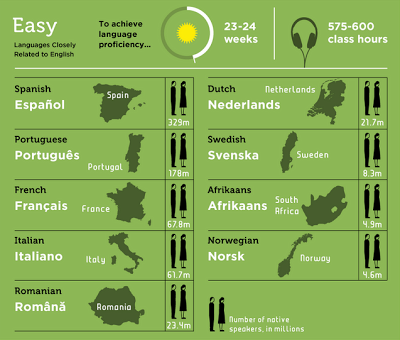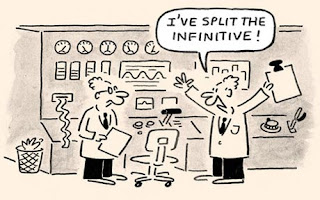Hardest languages for English speakers to learn?

According to research done by foreign language department of US State Dept Cantonese - the form of Chinese spoken in Hong Kong and Guangdong Province (150 million+ speakers) - presents a particular challenge for English speakers. There are 6 different tones in Cantonese. You must rise, maintain or lower the relative pitch of your voice to "sing" each word. For example, in English we naturally use a falling tone at the end of a statement ( You came. ) and a rising tone at the end of a question ( You came? ). To be understood in Cantonese, it is essential that you master the six tones. If you use the wrong tone, you are probably saying a completely different word. In the written form all Chinese languages (Mandarin, Cantonese etc) share one system. But the spoken forms are as distinct as Spanish and Portuguese. A version of this post is included in 50 FAQ about English ($1.75)



